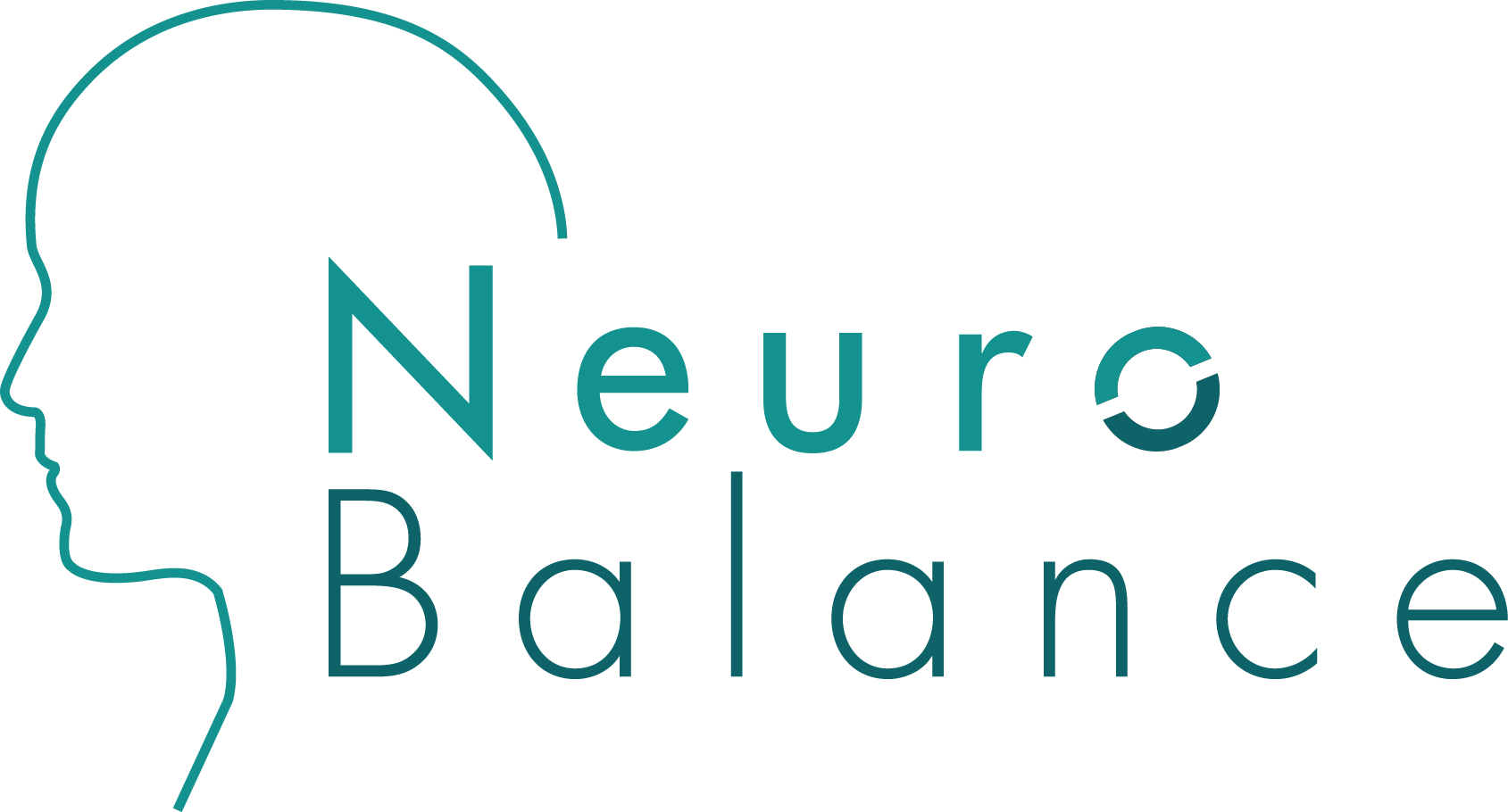What is Diogenes syndrome?
Diogenes syndrome is a form of self-neglect, poor-hygiene, social isolation and hoarding that can result from possible mental health, psychological and social problems. Diogenes syndrome is an unsanitary condition that is likely an unconscious decision that can be attributed to dementia or other underlying mental health issues.
How long someone has been exposed to these lower living standards can play a factor in their safety and well being.
Diogenes syndrome is not listed on the list of the current Diagnostic and Statistical Manual of Mental Health Disorders 5th edition as a psychological condition. There is little research on this condition but appears to be associated with dementia and other mental health issues, while leading to poor hygiene and self neglect.
Diogenes was an ancient Greek philosopher who lived in the 4th century and lived in a barrel. He reportedly was seen by his contemporaries as someone who had no shame and a contempt for any social organization. This was due to the ancient tale of what he said to Alexander the Great when the emperor came to Corinth to visit. The minimalist philosopher, Diogenes was the only person who didn’t come to pay his respects. Alexander found him lying in the sun and asked him, what he could do for him. Diogenes replied,” I would have you stand from between me and the sun.” Alexander was so taken by his reply that he later said if he wasn’t Alexander he would want to be Diogenes.
What is Diogenes Syndrome?
Diogenes syndrome is a behavioral disorder that happens in both men and women in any socioeconomic status, typically live alone, and are over 60 years of age.
There is not much research on the condition but is considered rare. Happening in approximately 0.05% within this group of people.
Other names for Diogenes syndrome can include:
Senile
self-neglect syndrome
messy house syndrome
severe social breakdown syndrome
senile squalor syndrome
Diogenes syndrome can be primary or secondary in nature.
Primary Diogenes syndrome refers to the condition presenting itself without any other mental health issues that are triggers.
Secondary Diogenes syndrome means that it is a result from other mental health conditions.
Symptoms
There are many common signs that will present themselves along with self-neglect. Some of these include:
heightened social anxiety
general paranoia, suspiciousness and distrust of others
OCD presentations
hoarding and excessive collecting of waste and household items
poor health and safety, hygiene awareness
malnutrition and poor diet
unsafe and unsanitary living conditions
refusal to ask or allow anyone to help
displaying skin problems from poor hygiene
showing distrust, hostility and anger towards others
having a distorted view of reality
poor oral hygiene and bad teeth and gums
It has been described by researchers that Diogenes syndrome is a “special manifestation of hoarding disorder.” The buildup of trash and general uncleanliness can be a public fire hazard and an attractive environment for rodents, insects and disease.
Diogenes syndrome can have many symptoms that are shared with other common mental health issues like:
depression
mania
schizophrenia
OCD (obsessive-compulsive disorder)
frontotemporal dementia
hoarding
alcohol abusive disorder
The research shows that up to 15% of Diogenes syndrome cases in older people may be impacted by dementia.
Causes of Diogenes Syndrome
Research still seems to be developing a better understanding of this condition. But, estimates suggest that about at least 50% of all cases occur in those individuals with no prior mental health concerns. Most of the knowledge we have are from psychological case studies that focus on individuals as apposed to large scientific studies. Some of the findings suggest that Diogenes syndrome could be in part caused a traumatic event or stress related, such as a sudden death of a loved one or loss of a job.
The Diogenes syndrome lifestyle is different from just hoarding because it involves poor hygiene, lack of self care, extreme social isolation and neglect. Which lead to a shortened span of life.
Treatment
Treatment for Diogenes syndrome can include:
psychological testing
proper physical exam and blood work
dental care
medications for mania or paranoia
trauma therapy
other support systems
cleaning and personal care support
being sensitive to their needs and approaching them with caution because of their dislike or distrust and fear of others
Most of the time the first people who would offer help and have the ability to slowly make a difference are their immediate family and neighbors or mental health workers. Taking your time and being sensitive to their needs and rate of social exposure will be of primary importance. Slowly becoming friends and allowing them to slowly create a bond is key to having success. In time, a more trusting relationship can form allowing healthy changes to take place.
Diogenes syndrome is a rare and misunderstood psychological condition. It will take a lot of care and patience over time from someone whos earned their trust to be in a position to deliver any form of help. If the person suffering even wants it. Always being kind, non-judgmental, patient and showing interest is the best place to start.
-A Balanced Brain is a Better Brain-
